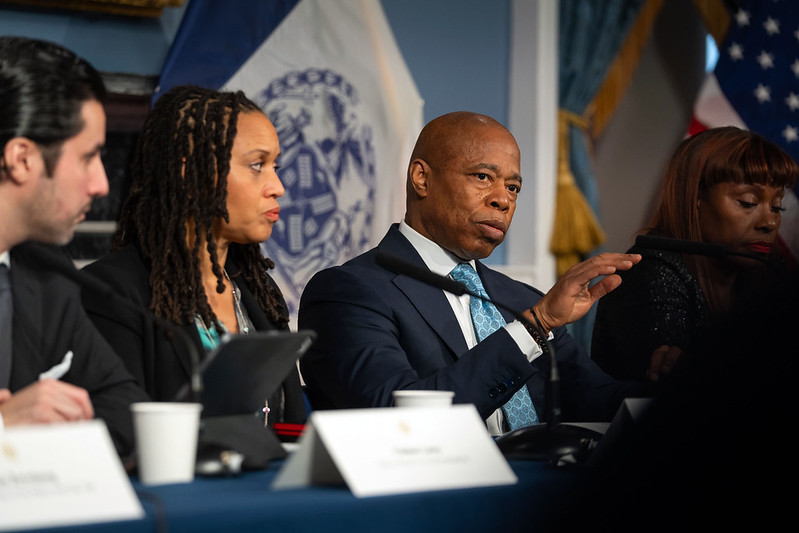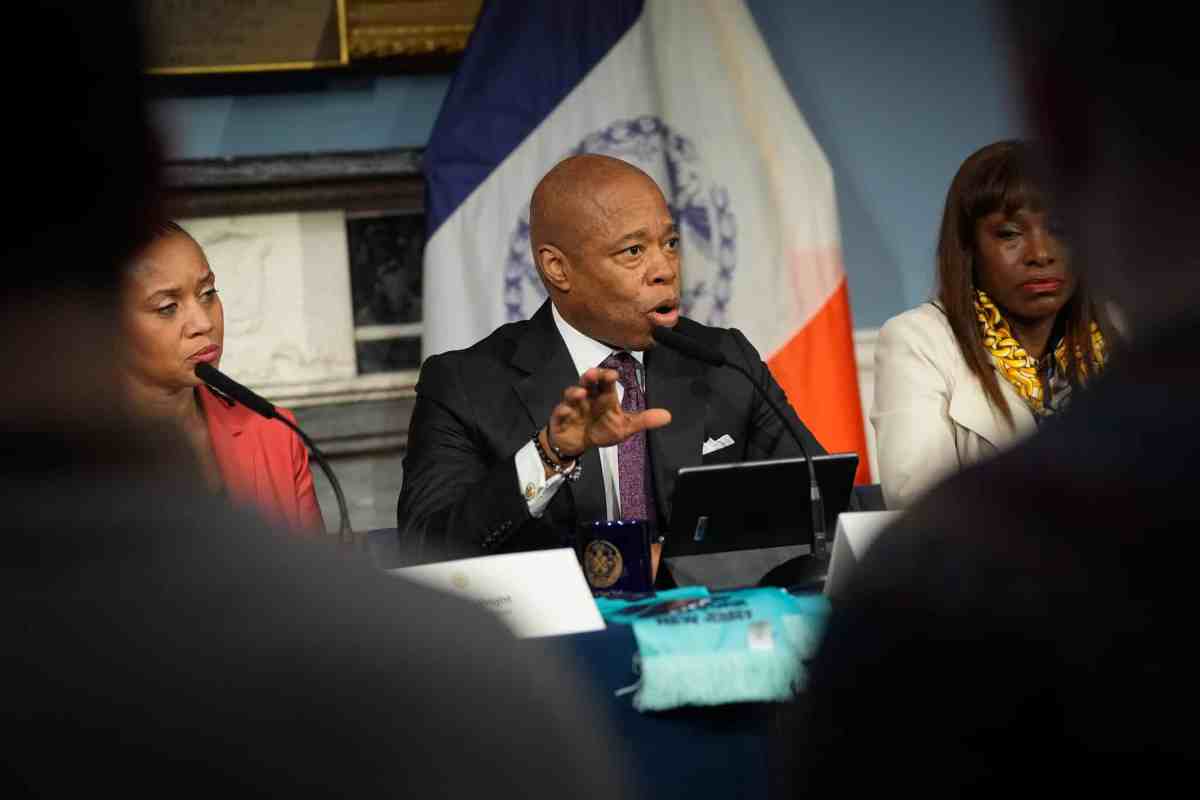By William Lewis
In recent times, there has been a lot of attention focused by the city’s general public on the mayor’s office. This is true of mayors who have served for more than two four-year terms.
Probably during the last hundred years, Fiorello LaGuardia was the most popular mayor during the time he served three terms from 1934-45. He was controversial and somewhat unorthodox in his methods of dealing with city problems, but seemed early on to have the support of a majority of the citizens of New York City.
In spite of the positive support during his administration, in 1945 he considered running for a fourth term and was somewhat surprised to learn that all five Republican county chairmen opposed giving him the party’s renomination.
In addition, the Daily News took a poll of New York City registered voters and found that only 25 percent of them favored LaGuardia serving a fourth term. Looking into the situation further, he found it would be difficult to find a suitable political party to run with for office.
Within the city Republican Party leadership, there was a feeling that LaGuardia had ignored the party organization during his third term and was too friendly with Democratic President Franklin Roosevelt. He chose not to run for a fourth term. This is a prime example of how a popular, reform-minded elected official lost the support of the people during that period of time.
A second example of that occurred with Mayor Robert Wagner, who served three terms from 1954-65. His father, Robert Wagner Sr., had served as a U.S. senator from New York, which helped him with his political career. Wagner served two terms in office as mayor and then broke his allegiance with Tammany Hall and joined the insurgents in 1961.
Wagner won a landslide victory that year. It was assumed in some political quarters that Wagner was on his way to running for governor in 1966.
Early in 1965, however, he announced that he was not running for a fourth term against liberal Republican John Lindsay. The polls showed Lindsay in a strong position and he seemed to be gaining. This situation could be compared to LaGuardia in 1945. Four years later, Wagner ran in a Democratic primary for mayor and lost.
The same thing happened to Mayor Edward Koch, who died recently. Many complimentary comments were said about his three-term administration. Like LaGuardia and Wagner, he was popular but seemed to lose much of that popularity during his third term in office.
In the Democratic mayoral primary in 1989, Koch lost a close race to David Dinkins.
It seems that popularity in office, especially for executive office, can be lost easily.
An increasing number of registered voters in New York City believe that three terms in high public office, such as mayor or governor, is enough.
It is interesting to speculate that had Mayor Michael Bloomberg been able to run for a fourth term, would he have been affected by what happened to previous three-term mayors seeking a fourth term?
This year we have an open seat for mayor. There are Republican and Democratic primaries to choose mayoral candidates. The fall election will be the conclusion to the electoral process.
The mayoral campaign this year will be getting a lot of interest as it has in recent years.
































